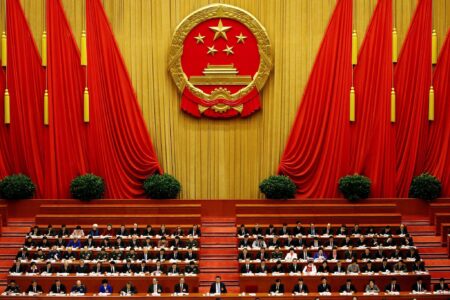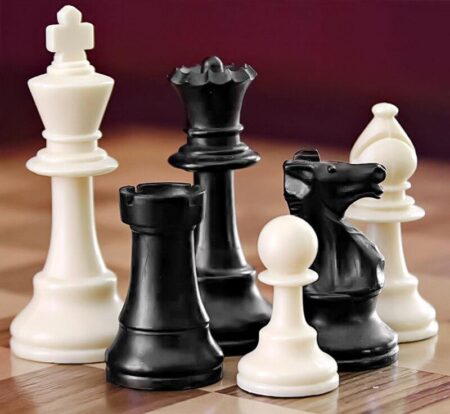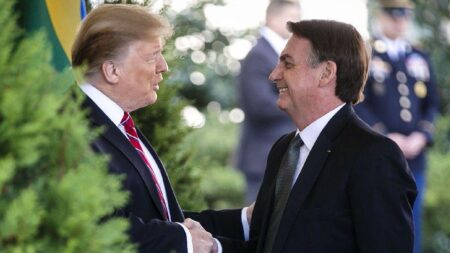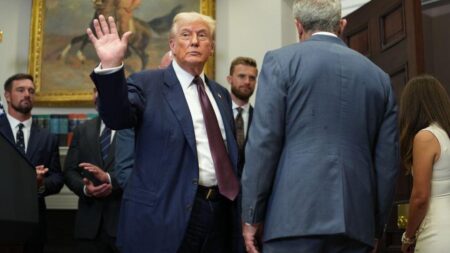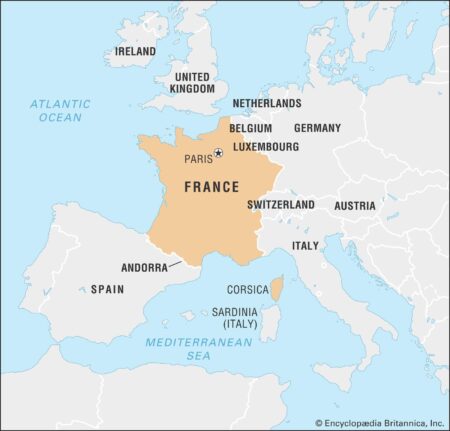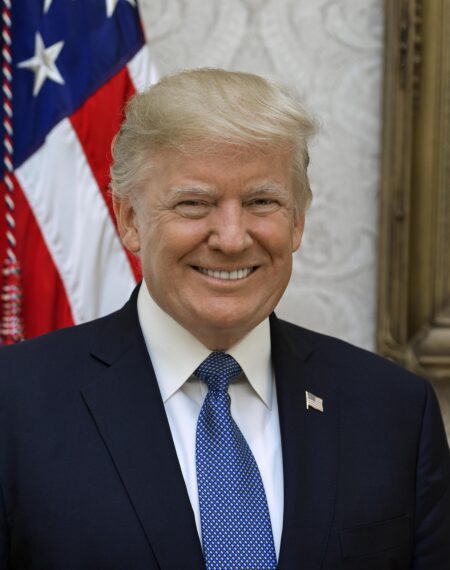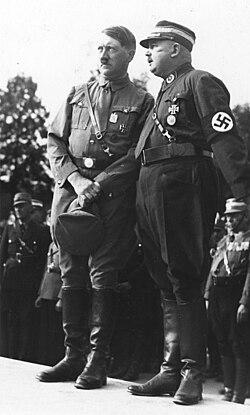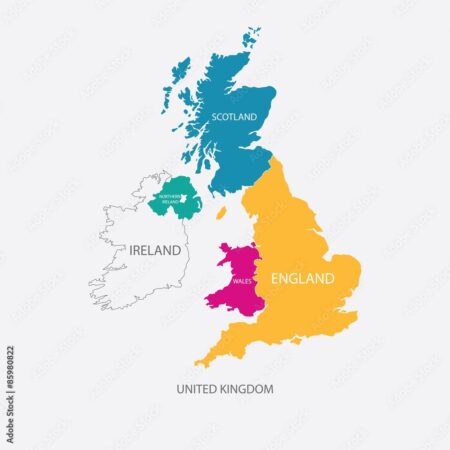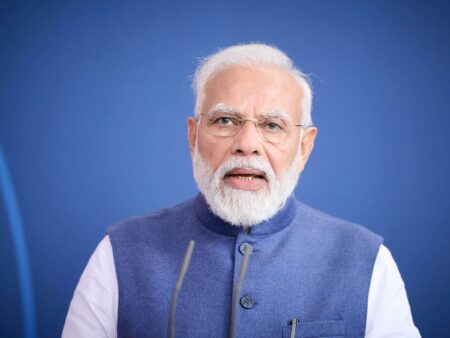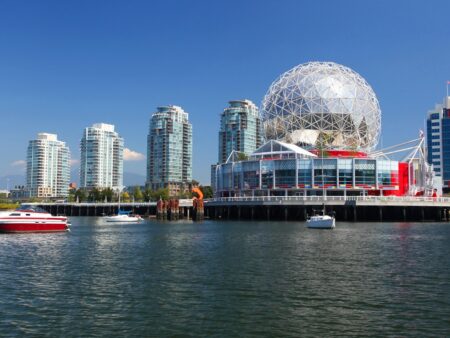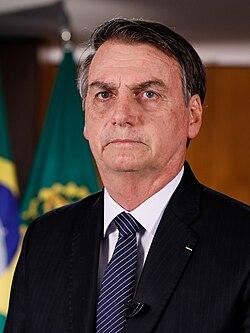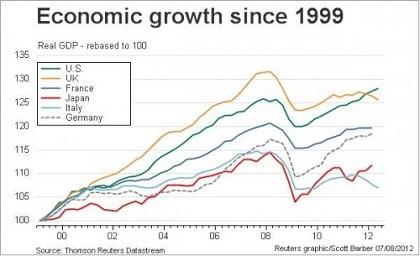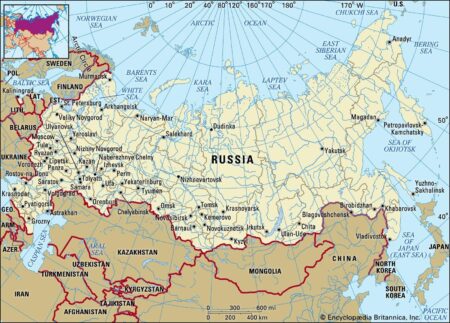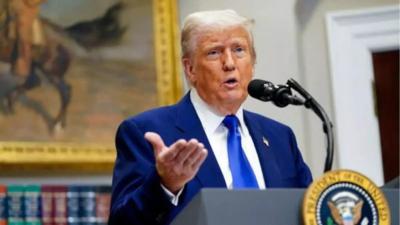China’s growing attention to New York politics reveals a bold strategy to influence key global economic hubs, safeguard its investments, and shape U.S. policy in an era of escalating geopolitical challenges
Browsing: political strategy
Former President Donald Trump compared a potential meeting with Vladimir Putin to a high-stakes “chess game,” warning that without a careful strategy, the entire encounter could fall apart. He emphasized the intense risks at play in managing U.S.-Russia relations
In a daring move, Trump’s recent critiques of Brazil highlight his relentless America First agenda, putting fierce competitiveness ahead of conventional diplomacy. This strategy is designed to fiercely protect U.S. interests amid the ever-changing landscape of global alliances
Italy’s left-wing opposition has launched a fierce legal offensive against Giorgia Meloni’s center-right government, aiming to destabilize its core. Yet, despite their relentless efforts, these lawfare campaigns have so far failed to deliver any major blows
Amid escalating tensions, Russia issued a chilling warning of an impending apocalypse. In response, U.S. President Trump boldly deployed submarines, showcasing formidable strength. Then, in a surprising twist, the Kremlin suddenly retreated-like a “scared Roomba”-easing fears of an imminent conflict
Former President Donald Trump voiced doubt about the power of financial penalties on Russia, saying they “may or may not” be effective. His remarks intensify the heated debate over the true impact of sanctions, according to The New York Times
As Javier Milei’s libertarian surge electrifies Argentina, the entrenched Peronists face a crucial crossroads: reclaim their dominance and halt his unstoppable anti-establishment rise
France is facing intense scrutiny as the government tightens its grip on opposition parties, raising alarm bells about the future of democracy. Critics argue that these forceful actions are stifling dissent at a crucial moment, with important elections looming
Former US President Donald Trump has intensified his attacks on Brazil’s government, fueling rising tensions as the nation gears up for pivotal elections. Experts remain split: will his interference weaken Bolsonaro’s base or spark an even fiercer wave of support among his loyalists?
Germany’s far right is taking a page from the US playbook, stoking division to deepen societal rifts and amplify their political influence. Experts warn this deliberate strategy aims to weaken democracy and steadily grab control
Canada stands firm amid uncertainty, boldly charting a course toward dynamic leadership in a rapidly changing world. The Hill Times explores how the nation’s cutting-edge strategies are building an unstoppable path to the future
The UK’s unique “magic formula” caught the eye of former President Trump, effortlessly blending business-friendly policies with rich cultural appeal, CNBC reports. This powerful approach not only boosted trade ties but also forged stronger political bonds
India’s Modi’s choice to attend the G7 summit in Canada is being celebrated by many as a ‘Pyrrhic victory,’ highlighting remarkable diplomatic progress amid persistent geopolitical tensions and urgent domestic challenges
Canada is gearing up to fast-track crucial nation-building projects in response to recent U.S. policies under former President Trump, aiming to strengthen economic independence and ignite regional growth, government officials reveal
Bolsonaro’s bold bid for a Trump-style political comeback could backfire spectacularly-galvanizing Lula’s supporters and intensifying voter divisions, Bloomberg reveals. This daring move has the potential to dramatically reshape the landscape of Brazil’s upcoming elections
India has embarked on a vibrant global charm offensive, aiming to reshape its international image amid recent tensions with Pakistan. This ambitious campaign is designed to strengthen diplomatic ties and attract investment, all while skillfully navigating a landscape marked by growing regional uncertainty
As global tensions rise, Germany stands at a crossroads, grappling with pivotal decisions that will shape its economic destiny. Yet, leading economists caution that Friedrich Merz’s plans for rearmament and austerity might fall short in tackling the deeper issues of sustainable growth.
As the conflict in Ukraine continues to unfold, recent analyses reveal that Russia is encountering substantial challenges on various fronts. The unwavering resilience and strategic maneuvers of Ukrainian forces are transforming the battlefield, putting Moscow’s military goals and morale to the test.
In a daring move during the stalled ceasefire talks in Qatar, former President Trump has unveiled an ambitious ‘freedom zone’ plan for Gaza. This initiative seeks to ignite stability and spur economic growth in the region. However, skeptics are raising eyebrows about its feasibility given the persistent tensions on the ground.
Italy’s potential entry into the Three Seas Initiative promises to ignite regional collaboration, fortify energy security, and deepen economic connections with Central and Eastern European nations. This move could elevate Italy to a key role in tackling strategic challenges across Europe

